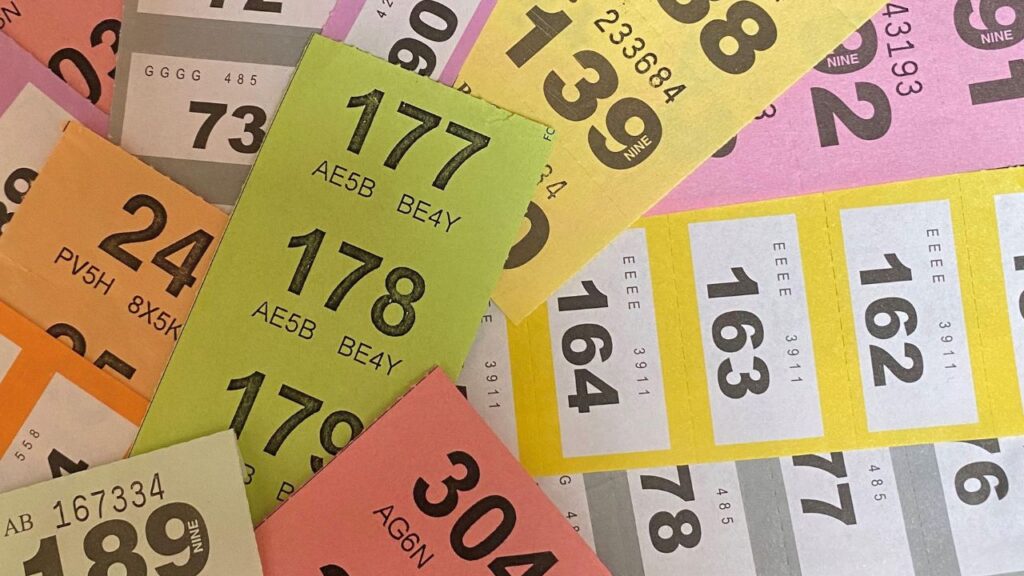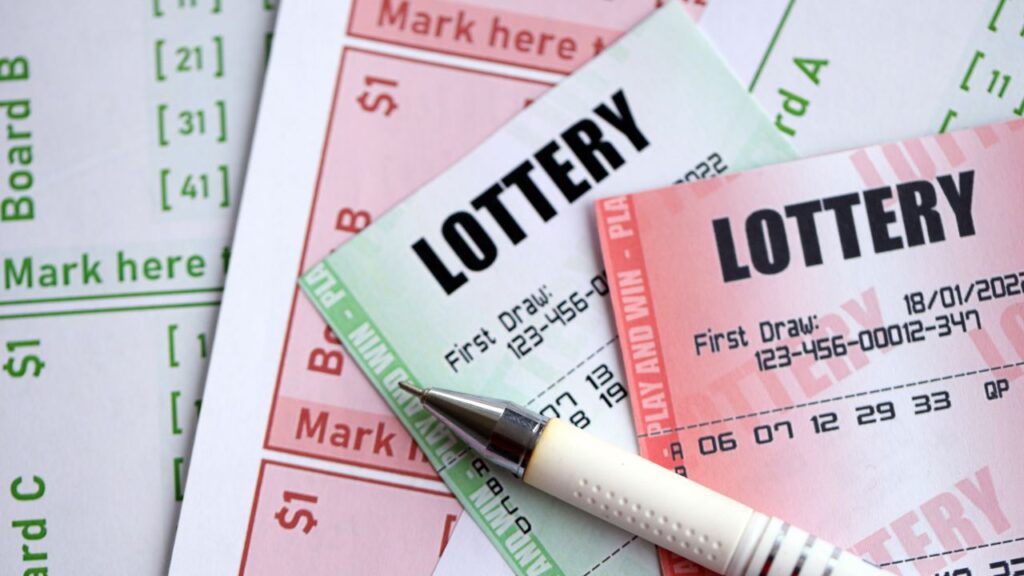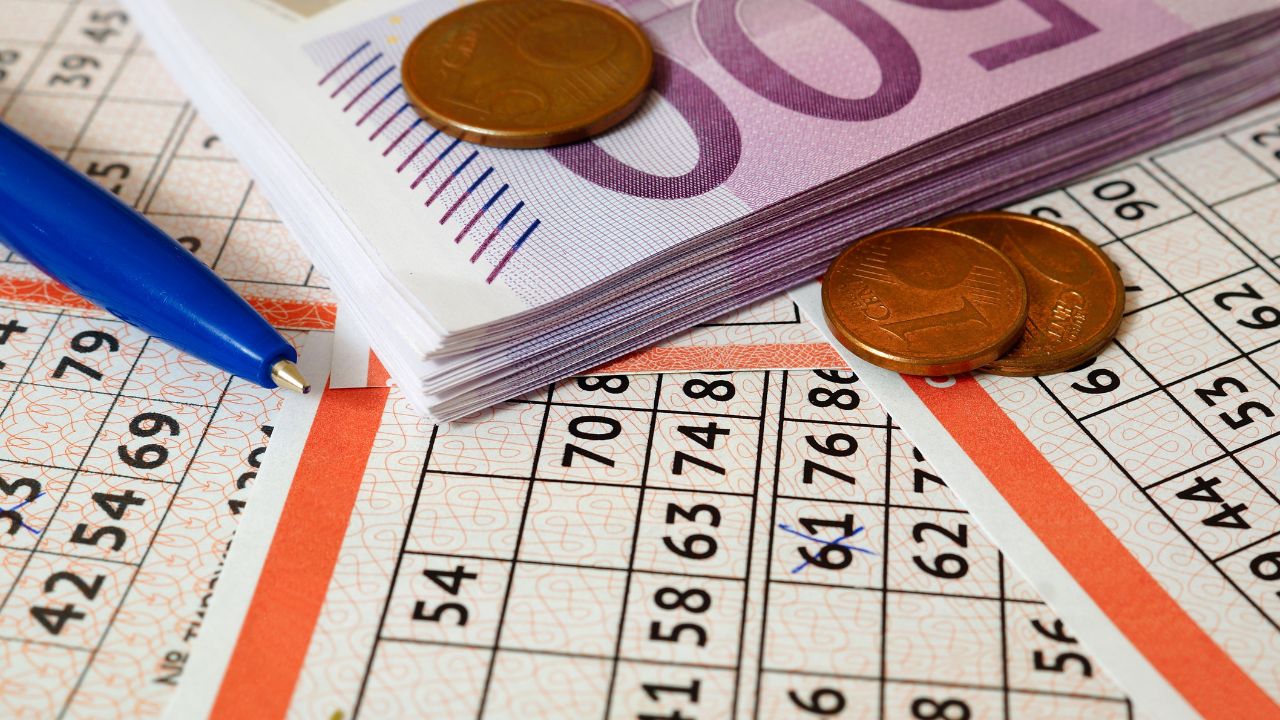Lotteries are as old as civilization itself—literally! From ancient Chinese dynasties using lottery slips to fund the Great Wall, to Roman emperors entertaining guests with prize drawings, lotteries have been used for entertainment, civic funding, and dreams of instant fortune. Today’s Powerball and Mega Millions jackpots are descendants of centuries of chance and change. In this deep dive into the history of lotteries, we’ll uncover where it all began, how it spread across continents, and why lotteries continue to captivate the world.
🎯 Ready to take your number picking to the next level? Discover the best lottery prediction software that smart players are using to improve their odds!
🏛️ Ancient Origins – Lotteries in China and Rome
Long before billion-dollar jackpots and televised drawings, lotteries were rooted in history as tools of both governance and entertainment.
- Keno Slips in the Chinese Han Dynasty (205–187 BC): One of the earliest recorded uses of lottery-like systems comes from ancient China. The Han Dynasty used a game resembling modern keno to raise funds for massive infrastructure projects—including, according to some historians, parts of the Great Wall. These “baige piao” (white pigeon tickets) were a clever way to fund state goals without traditional taxation.
- Roman Empire Lotteries for Festivals and Repairs: Roman emperors, including Augustus Caesar, used lotteries to fund city repairs and military campaigns. During Saturnalian festivals, elite citizens hosted banquets where guests received tickets and prizes—ranging from trinkets to slaves. These events helped promote goodwill and reinforced civic loyalty.
- Lot-Based Decision Making in Ancient Greece and the Bible: In ancient Greece, lotteries helped allocate political duties and property. Biblical accounts also mention casting lots to make divine decisions—suggesting that the idea of leaving fate to chance was culturally and spiritually ingrained.
- Lotteries as Tools for Public Works and Entertainment: Across early civilizations, lotteries provided an efficient (and often enjoyable) means of financing communal needs. Unlike direct taxes, these games were perceived as voluntary contributions—backed by the hope of reward, which kept public spirits high.
🎟️ Looking to improve your lottery game? Try the proven system behind Lotto Champ and see what smart number-picking looks like.
🏰 Lotteries in Medieval and Renaissance Europe

As Europe transitioned from feudal economies to growing nation-states, lotteries evolved from festive games to crucial public finance tools.
- First European Money Lotteries in the 15th Century Low Countries: In what is now Belgium and the Netherlands, town records from the 1440s document lotteries held to raise money for walls, roads, and churches. These early European lotteries offered real cash prizes and marked the beginning of organized civic gambling.
- Funding Fortifications and Aid to the Poor: Lotteries became a creative way for cities to raise funds without raising taxes. Revenues were often directed toward building fortifications or providing relief for the poor—giving players a sense of social contribution while chasing fortune.
- State Lotteries Appear in Italy, France, and England: The Italian city-states were among the first to formalize lotteries at the national level, with Venice and Genoa pioneering systems in the 1500s. France followed suit in the 16th century. These lotteries soon spread across Europe as rulers saw their potential for nonviolent fundraising.
- Queen Elizabeth I’s 1567 English Lottery: Facing naval expansion costs and colonial ambitions, Queen Elizabeth launched a nationwide lottery to fund public works. Tickets were expensive, but prizes were generous—including immunity from arrest for some minor crimes. Promoted as a “painless tax,” it was an early example of framing taxation as entertainment.
📊 Boost your odds with the power of AI. Discover how this Lotto Champ system analyzes past draws to help you pick better numbers.
The Rise of Lotteries in Colonial America

In the New World, lotteries were not just games of chance—they were lifelines for fledgling communities and revolutionary ambitions.
- King James I’s Lottery to Fund Jamestown in 1612: The first official English lottery sanctioned in America was launched by King James I to fund the Virginia Company’s colony at Jamestown. This marked the beginning of lotteries as a strategic funding source in colonial development.
- Lotteries Funding Colleges, Libraries, and Churches: Prestigious institutions like Harvard, Yale, and Princeton were partially built on lottery funds. In an era of limited public infrastructure, lotteries financed everything from bridges and roads to libraries and houses of worship, filling critical gaps in public spending.
- Revolutionary War Efforts and Founding Fathers’ Involvement: Even America’s Founding Fathers got involved—George Washington endorsed lotteries, and Benjamin Franklin organized one to buy cannons for the Continental Army. These efforts reinforced the perception of lotteries as patriotic and community-focused.
- Lottery as a Voluntary Tax Alternative in Early America: Without the power to levy widespread taxes, early American governments embraced lotteries as a way to raise revenue while avoiding public backlash. Citizens willingly bought tickets knowing the funds supported collective progress—and maybe brought a windfall.
💡 Want a smarter way to play? Check out Lotto Champ software and explore strategic number prediction backed by data.
⚖️ 19th Century Decline and Moral Pushback
Despite their early popularity, lotteries in the 19th century faced a major fall from grace—driven by scandal, public outrage, and rising moral reform movements.
- Corruption, Fraud, and Scandals (e.g., Louisiana Lottery): The Louisiana Lottery, once dubbed “The Serpent,” became notorious for bribery, rigged results, and interstate ticket sales. Although it generated millions in revenue, its operations were so corrupt it sparked national backlash and earned widespread condemnation.
- Bans and Prohibition Movements Across U.S. States: By the mid-1800s, public opinion began to sour. Religious leaders, reformers, and anti-gambling activists rallied against what they saw as moral decay. One by one, U.S. states enacted bans, citing addiction, fraud, and harm to the poor.
- Federal Ban on Lottery Mailings and Shifting Public Sentiment: In 1890, Congress passed legislation that prohibited the mailing of lottery materials across state lines—effectively dismantling national lottery distribution. Public sentiment increasingly viewed lotteries as vice rather than virtue.
- Lotteries Disappear for Decades Due to Legal and Ethical Concerns: By 1900, virtually all lotteries had vanished from the American landscape. The combination of legal restrictions, moral opposition, and high-profile abuses cast a long shadow over the industry, forcing it into hibernation for much of the 20th century.
🧠 Tired of guessing? Let Lotto Champ’s algorithm do the thinking for you and bring structure to your lottery strategy.
🎰 20th Century Revival of Government Lotteries

After decades in the shadows, lotteries made a dramatic and strategic comeback in the 20th century—this time with government oversight and a public-service mission.
- Puerto Rico’s Lottery (1934) and New Hampshire’s Launch (1964): Puerto Rico reintroduced the lottery in 1934, setting a quiet precedent. But the real revival began in 1964 when New Hampshire launched the first modern U.S. state-run lottery, aimed at boosting education funding without hiking taxes.
- Lotteries as a New Public Revenue Source Without Raising Taxes: Legislators began positioning lotteries as “voluntary taxation.” Instead of imposing unpopular tax hikes, states marketed lotteries as a fun way for citizens to contribute to public schools, parks, and infrastructure—while having a shot at big prizes.
- Growth of U.S. State-Run Lotteries Across the 60s–80s: Following New Hampshire’s success, other states joined in rapidly—New York in 1967, followed by New Jersey, Massachusetts, and Illinois. By the 1980s, over half the U.S. had state lotteries, and the games became part of mainstream culture.
- Lotteries Re-emerge Globally to Fund Education, Infrastructure: Outside the U.S., countries like the UK, Canada, and Australia also adopted state lotteries for similar goals—funding healthcare, roads, and the arts. With tighter regulations and public support, lotteries reclaimed their legitimacy.
🚀 Join thousands of players leveling up with the Lotto Champ platform—where smart prediction meets simplicity.
💰 Multi-State Games and Record-Breaking Jackpots

The late 20th century marked a turning point in lottery history, with the rise of multi-state games that catapulted jackpots—and public fascination—into the stratosphere.
- The Birth of Powerball (1992) and Mega Millions (1996): Powerball was launched in 1992 as a collaborative effort among several U.S. states. Its success inspired the creation of Mega Millions in 1996 (originally called The Big Game). These games revolutionized lottery play by allowing multiple states to pool ticket sales.
- How Pooling Ticket Sales Expanded Jackpot Potential: The larger the player pool, the bigger the prize. By combining resources across states, Powerball and Mega Millions could offer jackpots that reached hundreds of millions—and later, billions—of dollars, drawing massive participation nationwide.
- Record-Setting Wins: $1.5B Mega Millions, $2.04B Powerball: In 2016, a Powerball jackpot soared to $1.586 billion, split by three winners. Then, in 2022, Powerball shattered records again with a jaw-dropping $2.04 billion prize—the largest lottery win ever. Mega Millions followed with its own $1.537 billion jackpot in 2018.
- The Media Impact and Cultural Obsession with Mega Jackpots: These enormous payouts capture global headlines and fuel a cultural lottery frenzy. Lines stretch around blocks, ticket sales skyrocket, and people who never normally play try their luck “just in case.”
✅ Ready to test a top-tier lottery tool? Start today with Lotto Champ’s official program and make every ticket count.
🌐 Global Lotteries and Online Evolution
As lottery games evolved beyond borders, the 21st century ushered in a wave of global participation and digital transformation.
- EuroMillions, El Gordo, SuperEnalotto and More: Europe’s biggest lottery games, like EuroMillions (2004), Spain’s legendary El Gordo, and Italy’s SuperEnalotto, expanded the scope of international play. These lotteries are known not just for massive jackpots, but also for rich cultural traditions and unique prize structures.
- Introduction of Online Ticket Sales and Mobile Platforms: With the internet came convenience—players no longer had to wait in line at a store. Online platforms and mobile apps allowed users to buy tickets, check numbers, and even set up recurring plays, all from their devices.
- International Participation Through Concierge Services: Services like theLotter and LottoAgent let users from non-participating countries play major lotteries abroad by purchasing physical tickets on their behalf, broadening global access to high-stakes games.
- Blockchain and RNG: How Tech Ensures Fairness: Innovations like blockchain verification and advanced Random Number Generators (RNG) are increasingly used to maintain transparency and prevent fraud—especially for digital-only lotteries and sweepstakes.
🔍 Find out why Lotto Champ is trusted by serious players who want more than just random picks.
🎭 Cultural Impact and Controversy
Lotteries have always been more than just games—they’re reflections of society’s values, struggles, and aspirations.
- Lotteries as Voluntary Taxation and Public Good: Governments often defend lotteries as a way to fund education, infrastructure, and social programs without raising taxes. The idea of a “painless tax” where participation is optional has helped lotteries gain public support.
- Regressive Tax Concerns and Criticism as a “Tax on the Poor”: Critics argue that lotteries disproportionately affect low-income communities, who spend a higher percentage of their earnings chasing unlikely wins. This raises concerns about fairness and economic inequality.
- Religious and Ethical Debates Across History: From early Christian opposition to Islamic bans, religious leaders have historically challenged the morality of gambling, linking it to false hope and financial ruin.
- Lotteries in Literature, Media, and Modern Society: From Shirley Jackson’s chilling short story The Lottery to real-life documentaries and TV dramas, lotteries have become cultural symbols of chance, desperation, and the human condition.
🎯 Say goodbye to blind luck. Tap into Lotto Champ’s predictive tools and start playing with intention.
Conclusion
From wooden sticks in ancient China to app-based tickets for billion-dollar jackpots, the history of lotteries is a story of innovation, controversy, and enduring human hope. Lotteries have funded empires, schools, and personal dreams—proving they’re not just games of chance, but cultural milestones. As we look to the future, one thing is certain: the lottery will continue to evolve, and so will our fascination with beating the odds.
📈 Don’t just play blindly—see what data-driven strategy can do. Explore our guide to the top lottery prediction tools available today!

